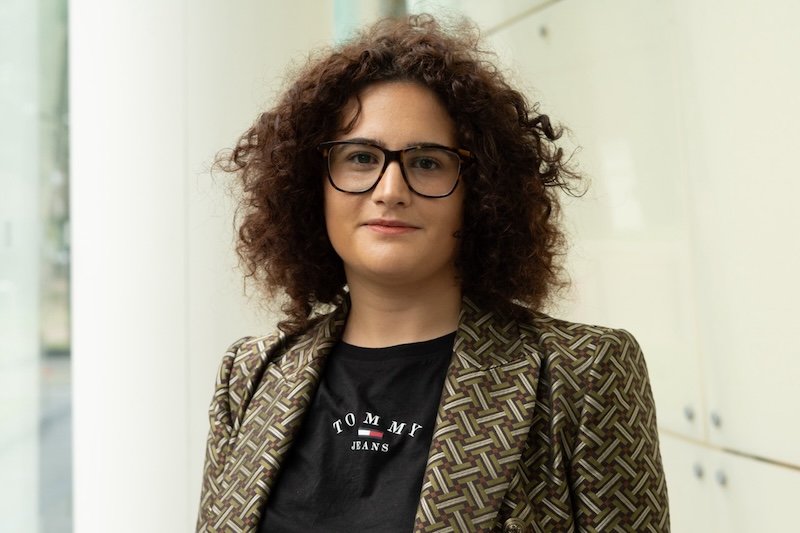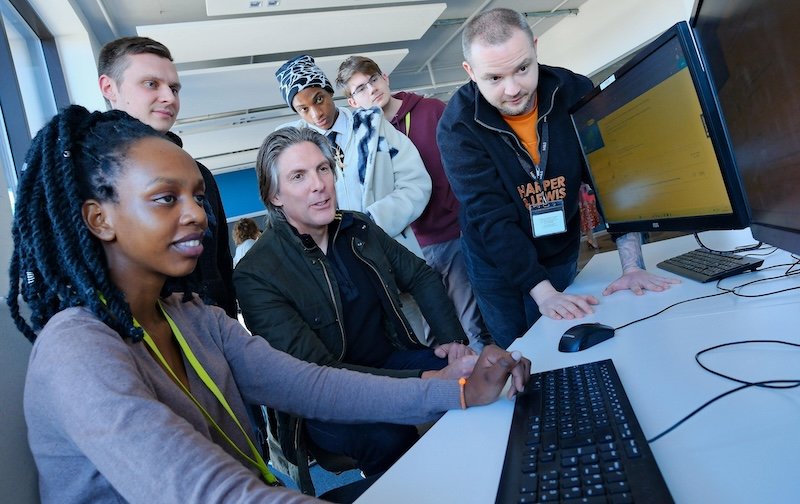AI-driven Evariste and University of Southampton team up to advance esophageal cancer research
AI-driven drug discovery company Evariste has announced a partnership with the University of Southampton in the UK to create one of the largest transcriptomic datasets for esophageal adenocarcinoma (OAC), a challenging and aggressive form of cancer.
The dataset, which provides detailed insights into gene activity within cells, will help researchers better understand the disease and identify potential therapeutic targets.
The collaboration combines Evariste’s advanced AI-powered platform, Frobenius, with Southampton’s expertise in cancer research. Frobenius accelerates drug discovery by identifying novel targets, biomarkers, and designing potential drug candidates at a rapid pace.
Anna Hercot, CEO of Evariste, underscored the significance of the partnership, stating:
“High-quality genetic data linked to clinical outcomes is essential for identifying the next generation of precision oncology therapeutics. This data and our collaboration with the outstanding team at Southampton will help accelerate the delivery of medicines to OAC patients, who currently have very few targeted treatment options.”
The comprehensive dataset is expected to provide a detailed view of how genes function and interact in OAC cells. Transcriptomic data, which records the RNA produced by genes, allows researchers to identify patterns and anomalies in gene expression. These insights are crucial for pinpointing new therapeutic strategies, particularly for cancers like OAC that have resisted traditional approaches.
Professor Tim Underwood, Consultant Surgeon and Professor of Gastrointestinal Surgery at the University of Southampton, acknowledged the challenges associated with treating OAC:
“We are really struggling to make meaningful breakthroughs for patients with esophageal cancer. Data like this might just unlock the next generation of targets for treatment.”
Dr. Zoë Walters, Associate Professor in Translational Epigenomics at Southampton and a member of Evariste’s Scientific Advisory Board, emphasized the need to move beyond conventional approaches:
“Historical strategies have focused on the perceived low-hanging fruit in leveraging cancer mutations as potential therapeutic strategies. However, these have yielded very little in terms of new therapeutic strategies in the context of esophageal cancer. This collaboration will utilize our extensive transcriptomic dataset to identify new targets for therapy and ultimately novel potential therapeutic strategies for these patients.”




















